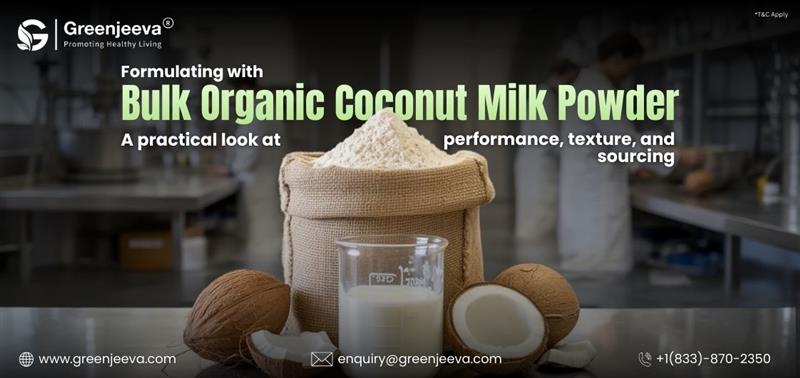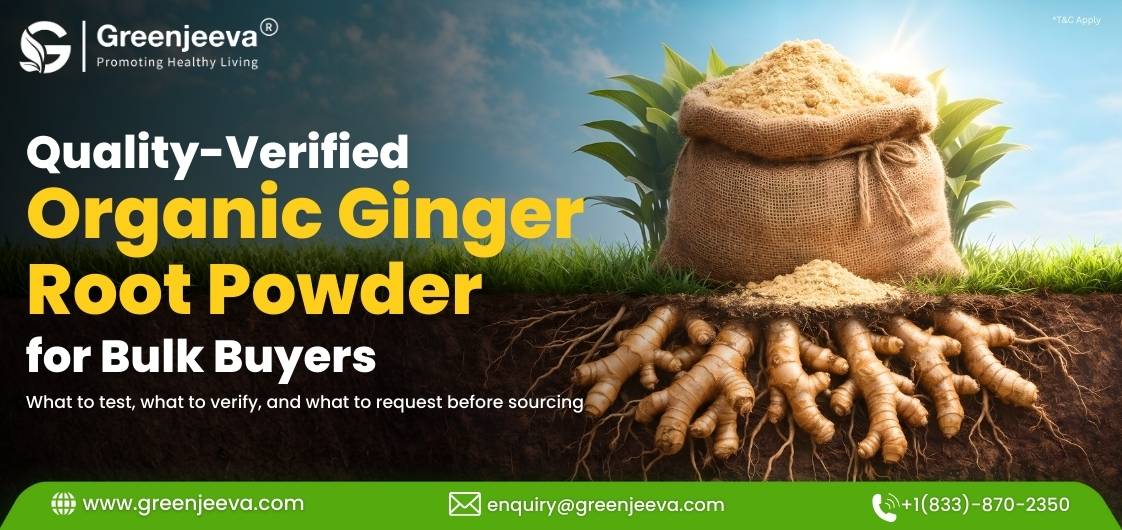Sourcing Challenges in Food Preservation: Overcoming the Complexities

In the food industry, sourcing high-quality raw ingredients for food preservation and antimicrobial purposes is crucial to ensure product safety, extend shelf life, and maintain freshness. However, sourcing teams face unique sourcing challenges when procuring these ingredients, including quality control, regulatory compliance, and sustainability.
In this B2B blog, we explore the sourcing challenges these teams face. And also, provide valuable insights on overcoming them to meet the market's demands and ensure food safety.
Ensuring Quality and Efficacy
Sourcing teams must navigate the challenge of ensuring the quality and efficacy of raw ingredients used for food preservation and antimicrobial applications. This requires partnering with trusted suppliers who adhere to rigorous quality control measures, provide necessary certifications, and offer transparent sourcing information. Thorough testing and collaboration with experts in the field can help identify ingredients that deliver the desired antimicrobial effects.
Managing Regulatory Compliance
Compliance with regulatory standards is critical when sourcing raw ingredients for food preservation. Sourcing teams must stay updated on regulations and certifications specific to food safety and antimicrobial agents. Working closely with suppliers with a strong commitment to quality and compliance can help mitigate risks associated with non-compliant ingredients and ensure the delivery of safe and effective products.
Navigating Sustainability Considerations
Sustainability is an increasingly important consideration for sourcing teams in the food industry. They must strive to identify suppliers who follow sustainable practices, such as responsible farming, fair trade partnerships, and environmentally friendly extraction methods. This aligns with consumer values and ensures a long-term and reliable supply of raw ingredients for food preservation while minimizing the environmental impact.
Also read - Navigating Sourcing Challenges: Enhancing Beer Flavor with Raw Ingredients
Addressing Supply Chain Risks
Sourcing teams must proactively manage supply chain risks, including fluctuations in ingredient availability, geopolitical factors, and natural disasters. Developing contingency plans, establishing relationships with alternative suppliers, and closely monitoring market trends is essential to ensure a consistent and uninterrupted supply of raw ingredients for food preservation and antimicrobial applications.
Collaboration and Innovation
Collaborating with trusted suppliers and fostering innovation are key strategies to overcome sourcing challenges in the food preservation industry. Sourcing teams can work closely with suppliers to develop customized solutions, explore new ingredients, and stay at the forefront of advancements in food preservation and antimicrobial technology. This collaboration can lead to the development of unique and effective products that meet the market's evolving needs.
Also read: https://www.greenjeeva.com/blog/sourcing-finest-lemon-balm-extract-dietary-supplements
Overcoming Sourcing Challenges in Food Preservation and Antimicrobial Ingredients
Sourcing teams must navigate various challenges when procuring raw ingredients for food preservation and antimicrobial applications. Challenges including ensuring quality, complying with regulations, promoting sustainability, and addressing supply chain risks.
Gingerol: Sourcing teams face the challenge of finding suppliers of Gingerol, a bioactive compound found in Ginger. It is known for its antioxidant and anti-inflammatory properties and is a natural ingredient in various food and beverage products.
Curcumin: Sourcing teams must secure reliable sources of Curcumin, the active compound found in Turmeric. It is renowned for its antioxidant and anti-inflammatory properties and is a natural ingredient in food and beverage products.
Eugenol: Sourcing teams must navigate the challenges of sourcing Eugenol, a natural compound in Clove. It is valued for its antimicrobial and antioxidant properties. And it is a natural ingredient in various food and personal care products.
Cinnamaldehyde: Sourcing teams face the challenge of finding suppliers of Cinnamaldehyde, the main component responsible for the flavor of Cinnamon. It is a natural ingredient in food and beverage products for its distinctive taste and potential health benefits.
Allicin: Sourcing teams must ensure the availability of high-quality Allicin, a compound found in Garlic. It is known for its potent antimicrobial properties and distinctive aroma, making it a valuable ingredient in food and beverage products.
Quercetin: Sourcing teams must secure reliable sources of Quercetin, a flavonoid with antioxidant and anti-inflammatory properties. It is a natural ingredient in food and beverage products for its potential health benefits and flavor-enhancing properties.
Lactic Acid: Sourcing teams must navigate the challenges of sourcing Lactic Acid, a natural compound produced during fermentation. Food and beverage products commonly use it as a natural preservative and pH regulator.
Sorbic Acid: Sourcing teams face the challenge of finding suppliers of Sorbic Acid. It's a natural compound used as a preservative in food and beverage products. It inhibits the growth of mold and yeast, extending the shelf life of various products.
Benzoic Acid: Sourcing teams must ensure the sourcing of high-quality Benzoic Acid. Its a natural compound used as a preservative in food and beverage products. It inhibits the growth of bacteria, molds, and yeasts, preserving the freshness and quality of various products.
Potassium Sorbate: Sourcing teams must secure reliable sources of Potassium Sorbate, a salt of Sorbic Acid used as a preservative in food and beverage products. It inhibits the growth of molds and yeasts, ensuring product stability and safety.
Calcium Propionate: Sourcing teams must navigate the challenges of sourcing Calcium Propionate, a calcium salt of Propionic Acid used as a preservative in food and beverage products. It prevents the growth of molds and extends the shelf life of various products.
Nisin: Sourcing teams face the challenge of finding suppliers of Nisin, a natural antimicrobial peptide used as a preservative in food and beverage products. It inhibits the growth of bacteria, ensuring product safety and quality.
Natamycin: Sourcing teams must ensure the availability of high-quality Natamycin, a natural antifungal agent used as a preservative in food and beverage products. It inhibits the growth of molds and yeasts, extending the shelf life of various products.
Lysozyme: Sourcing teams must secure reliable sources of Lysozyme, an enzyme with antimicrobial properties. It is used as a natural preservative in food and beverage products, inhibiting the growth of bacteria and ensuring product safety.
Also Read: A Guide to Sourcing Clean Label & Allergen-Free Raw Ingredients
Conclusion
Sourcing high-quality raw ingredients for food preservation and antimicrobial applications presents unique challenges for sourcing teams. These teams can successfully navigate the sourcing landscape by addressing the challenges. Ensuring quality and efficacy, managing regulatory compliance, navigating sustainability considerations, and addressing supply chain risks should be of utmost importance. Collaborating with trusted suppliers, conducting thorough research, and prioritizing transparency and quality assurance are essential steps. Steps taken would ensure the delivery of safe and effective products that meet the market's demands and ensure food safety.
**The Food and Drug Administration has not evaluated these statements. This product is not intended to diagnose, treat, cure, or prevent any disease.**






